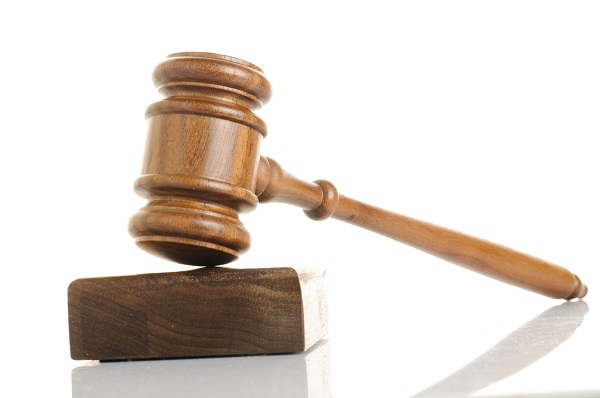There are two types of cases that may be tried in courts in the United States: civil and criminal cases. What’s the difference? Here’s what you to need to know:
How Legal Action is Initiated
If you want to file a civil lawsuit against someone who has wronged or harmed you, the ball is in your court. You can hire an attorney and begin the process of taking legal action against the defendant. Throughout the trial, you and your attorney will make decisions together on how the case should be handled.
However, victims are not in control in a criminal case. Victims are responsible for reporting crimes to law enforcement officers who will then investigate their allegations. A criminal case will only begin if law enforcement can find enough evidence to arrest and then charge someone with a crime. At this point, the state, not the victim, will be responsible for presenting the evidence against the defendant. Victims may be called during the trial as witnesses, but they have no say in other matters of criminal cases.
Some criminal cases do not involve any victims. For example, you can be arrested for driving under the influence even if you have not harmed anyone. Regardless of whether this is a victim or not, the state will be the one who prosecutes the defendant in the criminal cases.
Standard of Proof
In a criminal case, the evidence that is presented must prove that the defendant committed the crime “beyond a reasonable doubt.” If the prosecutor cannot prove this, the defendant should not be convicted of the crime. However, the standard of proof is different in civil cases, which must be proven by “the preponderance of evidence.” This standard of proof is much lower than the proof that is required in a criminal case. Why? A lower standard of proof is permitted in civil cases because the penalties are far less severe than those of criminal cases where someone’s liberty or freedom is at stake.
The Outcome
The outcome in civil and criminal cases is also different. The goal of a criminal case is to determine whether the defendant is innocent or guilty, and if he is guilty, what punishments he should face as a result of the crime. However, the goal of a civil case is to determine whether the defendant should be ordered to compensate the plaintiff. The jury does not determine whether a defendant should face criminal penalties such as jail time or probation during a civil case—this only comes into play in criminal cases.
Reisch Law Firm handles both civil and criminal cases. If you are facing criminal charges, our criminal defense attorneys will defend your rights and fight for the best possible outcome in your case. If you have been injured by someone else’s negligence, our personal injury attorneys will ensure you recover the compensation you deserve. Schedule a free consultation today by calling 303-291-0555 or filling out this online form.


